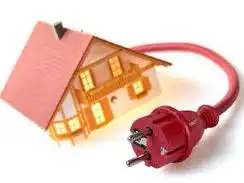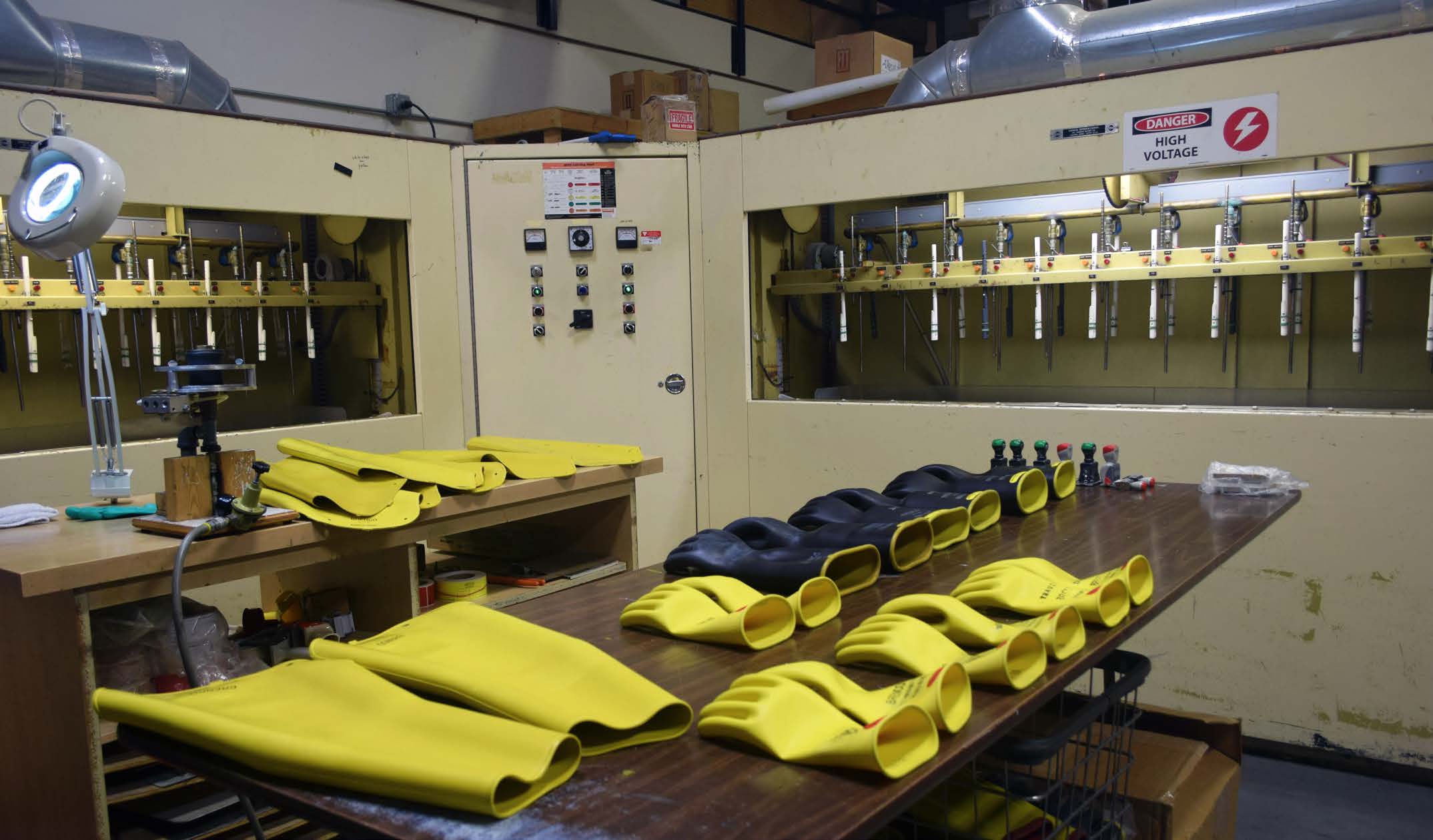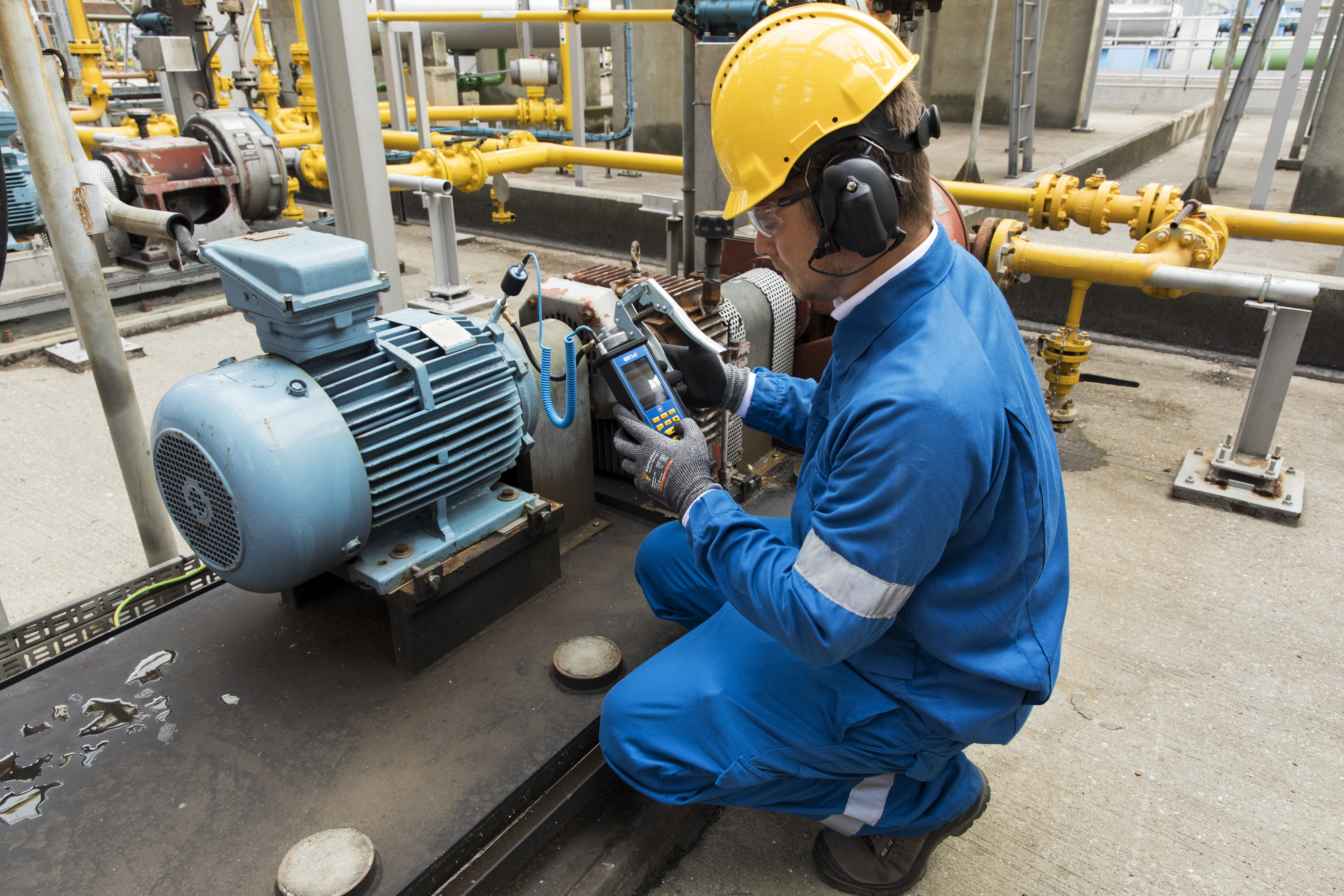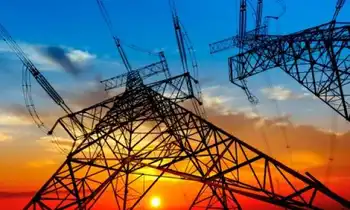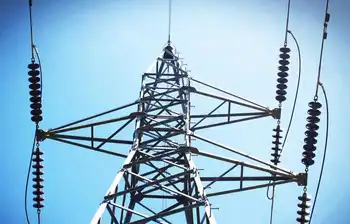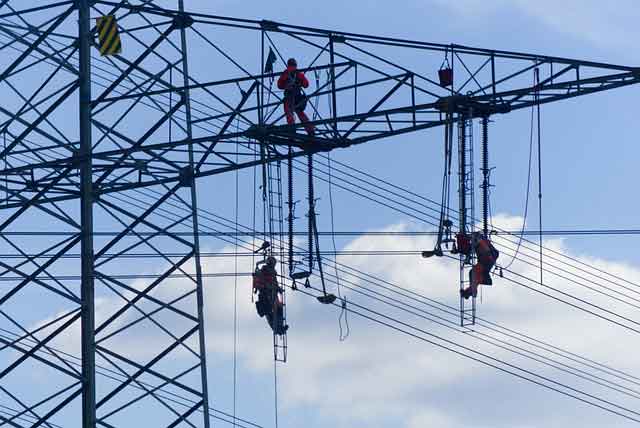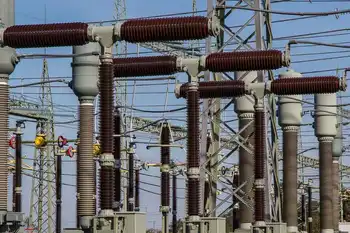Washington State's Electric Vehicle Rebate Program
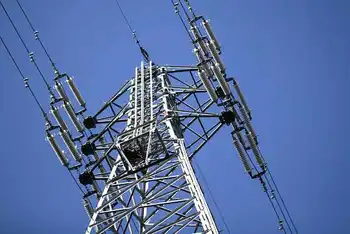
NFPA 70e Training - Arc Flash
Our customized live online or in‑person group training can be delivered to your staff at your location.

- Live Online
- 6 hours Instructor-led
- Group Training Available
Washington EV Rebate Program drives EV adoption with incentives, funding, and clean energy goals, cutting greenhouse gas emissions. Residents embrace electric vehicles as charging infrastructure expands, supporting sustainable transportation and state climate targets.
Key Points
Washington EV Rebate Program provides incentives to cut EV costs, accelerate adoption, and support clean energy targets.
✅ Over half of allocated funding already utilized statewide.
✅ Incentives lower upfront costs and spur EV demand.
✅ Charging infrastructure expansion remains a key priority.
Washington State has reached a significant milestone in its electric vehicle (EV) rebate program, with more than half of the allocated funding already utilized. This rapid uptake highlights the growing interest in electric vehicles as residents seek more sustainable transportation options. As the state continues to prioritize environmental initiatives, this development showcases both the successes and challenges of promoting electric vehicle adoption.
A Growing Demand for Electric Vehicles
The substantial drawdown of rebate funds indicates a robust demand for electric vehicles in Washington. As consumers become increasingly aware of the environmental benefits associated with EVs—such as reduced greenhouse gas emissions and improved air quality—more individuals are making the switch from traditional gasoline-powered vehicles. Additionally, rising fuel prices and advancements in EV technology, alongside zero-emission incentives are further incentivizing this shift.
Washington's rebate program, which offers financial incentives to residents who purchase or lease eligible electric vehicles, plays a critical role in making EVs more accessible. The program helps to lower the upfront costs associated with purchasing electric vehicles, and similar approaches like New Brunswick EV rebates illustrate how regional incentives can boost adoption, thus encouraging more drivers to consider these greener alternatives. As the state moves toward its goal of a more sustainable transportation system, the popularity of the rebate program is a promising sign.
The Impact of Funding Utilization
With over half of the rebate funding already used, the program's popularity raises questions about the sustainability of its financial support and the readiness of state power grids to accommodate rising EV demand. Originally designed to spur adoption and reduce barriers to entry for potential EV buyers, the rapid depletion of funds could lead to future challenges in maintaining the program’s momentum.
The Washington State Department of Ecology, which oversees the rebate program, will need to assess the current funding levels and consider future allocations to meet the ongoing demand. If the funds run dry, it could slow down the adoption of electric vehicles, potentially impacting the state’s broader climate goals. Ensuring a consistent flow of funding will be essential for keeping the program viable and continuing to promote EV usage.
Environmental Benefits and Climate Goals
The increasing adoption of electric vehicles aligns with Washington’s ambitious climate goals, including a commitment to reduce carbon emissions significantly by 2030. The state aims to transition to a clean energy economy and has set a target for all new vehicles sold by 2035 to be electric, and initiatives such as the hybrid-electric ferry upgrade demonstrate progress across the transportation sector. The success of the rebate program is a crucial step in achieving these objectives.
As more residents switch to EVs, the overall impact on air quality and carbon emissions can be profound. Electric vehicles produce zero tailpipe emissions, which contributes to improved air quality, particularly in urban areas that struggle with pollution. The transition to electric vehicles can also help to reduce dependence on fossil fuels, further enhancing the state’s sustainability efforts.
Challenges Ahead
While the current uptake of the rebate program is encouraging, there are challenges that need to be addressed. One significant issue is the availability of EV models. Although the market is expanding, not all consumers have equal access to a variety of electric vehicle options. Affordability remains a barrier for many potential buyers, especially in lower-income communities, but targeted supports like EV charger rebates in B.C. can ease costs for households. Ensuring that all residents can access EVs and the associated incentives is vital for equitable participation in the transition to electric mobility.
Additionally, there are concerns about charging infrastructure. For many potential EV owners, the lack of accessible charging stations can deter them from making the switch. Expanding charging networks, particularly in underserved areas, is essential for supporting the growing number of electric vehicles on the road, and B.C. EV charging expansion offers a regional model for scaling access.
Looking to the Future
As Washington continues to advance its electric vehicle initiatives, the success of the rebate program is a promising indication of changing consumer attitudes toward sustainable transportation. With more than half of the funding already used, the focus will need to shift to sustaining the program and ensuring that it meets the needs of all residents, while complementary incentives like home and workplace charging rebates can amplify its impact.
Ultimately, Washington’s commitment to electric vehicles is not just about rebates; it’s about fostering a comprehensive ecosystem that supports clean energy, infrastructure, and equitable access. By addressing these challenges head-on, the state can continue to lead the way in the transition to electric mobility, benefiting both the environment and its residents in the long run.






